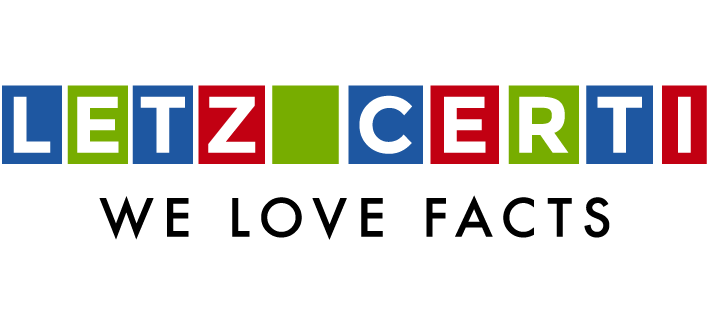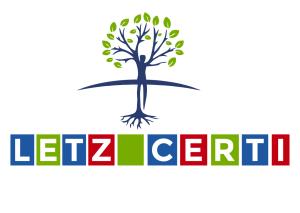12 trends towards 2030
The experts of conventional branding and casual storytelling have had a golden century. Now, their era is over. They no longer represent the trend as the world is not in demand of anymore wild perception building and greenwashing.
by Lars Ludvigsen
We need facts and a change in consumer and corporate behavior. During the past century, conventional branding has played an important role. It has been a must for companies to have access to the most efficient experts of manipulating and managing consumer behavior in order to secure an ever-growing demand for new products and services. And they have done a great job.
They have secured that too many bought too much stuff.
The rise and fall of conventional branding
Now, and in the future, we need facts. People wish to act sensibly. So, we need to know how the products have been produced and what materials are in them. And we need to know how they can be circulated when not useful anymore as the product they used to be. This is a job for sustainable certification bodies. In the future the demand for trustworthy information on products, services and companies will to a large extend be done by parties with no financial interest in the matter. The conventional marketing approach sponsored by the product companies has had its time. Now, we are looking for credibility when we occasionally buy or lease stuff. Credibility is based on these four pillars:
- Transparency
- Third-party
- Multi-stakeholder
- Relevance
The individual push
In addition to the credible certifications focusing on products and services we experience a growing demand for measuring footprint of the individual from an overall perspective. This demand will grow towards 2030, and we are likely to witness a system praising the footprint of individuals. Some will use it as a self-measurement tool, others will use it for personal promotion purposes.
THE TRENDS
- More certifications will be implemented
- Certifications will move even further ahead of legislation
- Ecology will be mainstream
- Global certification will gain ground
- More initiatives from trade associations
- Closer partnerships
- Increased competition between certifications
- Selfie-certification will decrease
- More fraud
- Certification will grow stronger than conventional branding
- The market value of certifications will increase
- Individual certification will become fashion
Source: MÆRK DIN FORRETNING, by Zeuthen and Ludvigsen, 2018


